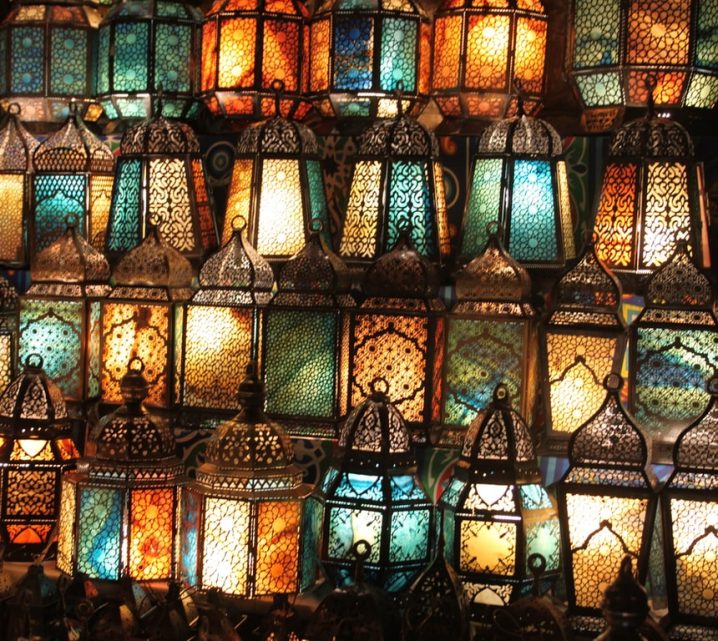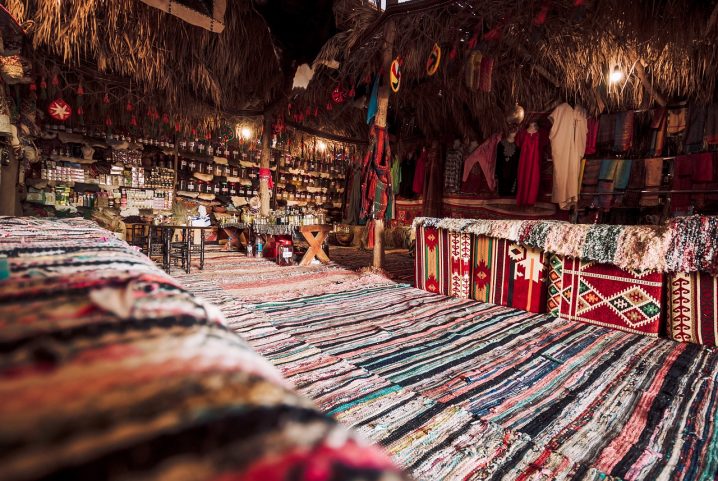
Famous attractions and prescribed tours often don’t focus enough on a new destination’s real character. This is especially true of places with a rich and complex history. Egypt is one such enchanting location shrouding unique experiences with modern and less fulfilling options. Here are three aspects of Egyptian culture that still form part of everyday life today and draw a much more loyal picture of its heart and soul than luxury hotels and restaurants ever could.
Traditional Festivals
No matter how many centuries go by, the time of pharaohs is impossible to forget. There are annual events in Egypt that maintain ancient traditions and ensure the survival of at least some of the country’s history. On the one hand, you have the likes of the Sphinx Festival in May, a celebration of all things Egyptian.
But it’s worth exploring more meaningful occasions throughout the year, too. The Wafaa Al Nil and Leylet En Nuktah continue to thank various gods for the Nile’s bountiful blessings, while the Sun Festival focuses on Amun-Re. It takes place in February and October at the greatest of Abu Simbel’s temples, where the sun illuminates the statues within – except for Ptah, the goddess of darkness.
Divination
Apart from grand celebrations, mystical beliefs were also laced into everyday habits, and you can still dive into them today. Fortune telling, for instance, has part of its roots in Egyptian customs. Tea leaf reading can be linked back to scyphomancy, a common type of divination using patterns in a cup of water.
Also, the influence of ancient Egyptian art and lore is thought to exist in the beautiful cards used in both amateur and professional tarot readings, no matter if they’re done in person, over the phone or online, the practice itself a result of different European and Asian cultures expanding on typical cardplaying. In fact, the psychic skill of interpreting card spreads has been around since the 14th century and is simple enough to find in a city like Cairo, alongside other traditional fortune-telling experiences.
Weaving Heritage

Egypt is famous for many things, from historic figures and fashions to enduring landmarks. But it offers even more substantial evidence of its lavish past, and carpet weaving is one of the best. Despite machines making it easier to produce these household features in bulk, handmade carpets remain in higher regard and demand.
As it’s an art passed down from generation to generation, keeping it alive and thriving is important. For that reason, ancestral carpet-making cities like Sakkara are taking innovative steps to keep its own people interested in the art and the rest of the world aware of its significance. It seems to be working, as visitors come just to admire and even buy creations from the city’s multiple carpet-weaving schools. There’s more understanding to be gained from a small creative community than a pyramid packed with tourists.
Skills and beliefs make up a large part of Egypt’s identity. The three subjects above reflect how much its culture values the honoring of tradition, art and collective pride in the simplest of practices, whether it’s finding wisdom at the bottom of a cup or patiently working colourful threads into a stunning scene. Recycling popular experiences is not half as enriching as discovering completely new ones.



